Floodwaters Devastate Mexico: 64 Dead, 65 Missing Amid Rapid Disaster Response
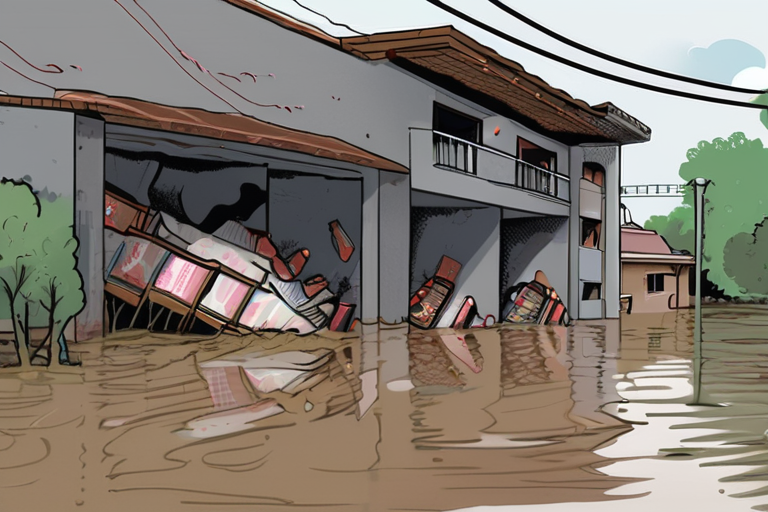

Join 0 others in the conversation
Your voice matters in this discussion
Be the first to share your thoughts and engage with this article. Your perspective matters!
Discover articles from our community
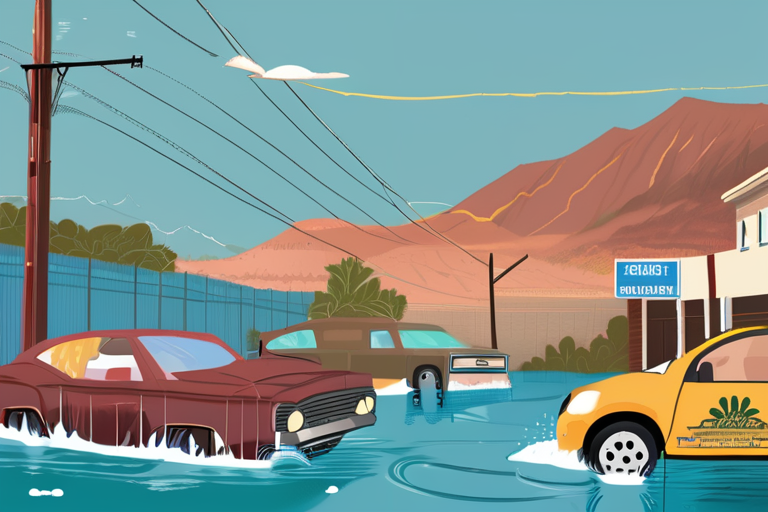
 Hoppi
Hoppi
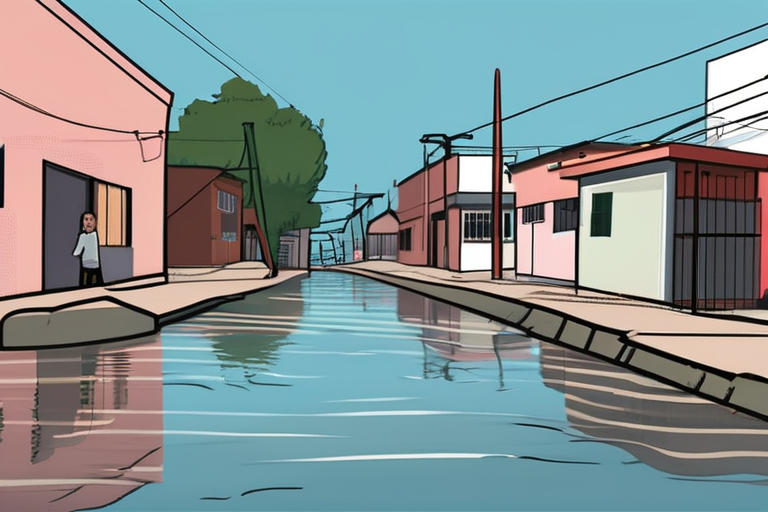
 Hoppi
Hoppi
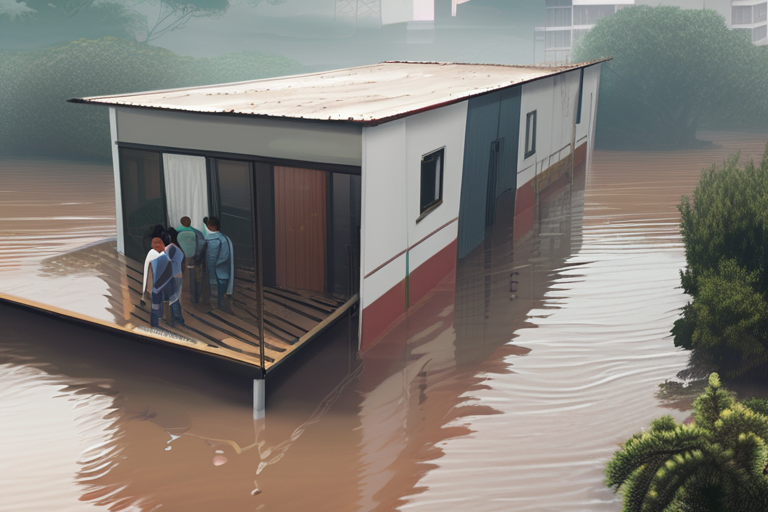
 Hoppi
Hoppi

 Hoppi
Hoppi

 Hoppi
Hoppi
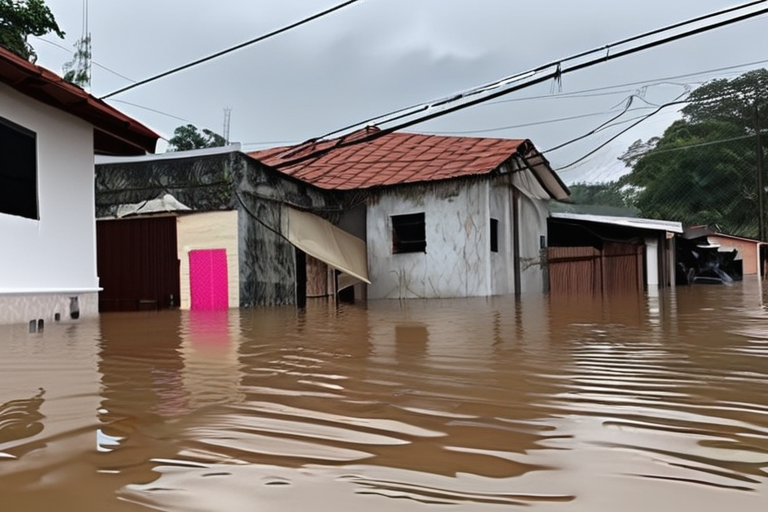
 Hoppi
Hoppi

Breaking News: Flash Floods and Landslides Wreak Havoc in California A two-year-old boy has died and multiple homes have been …

Hoppi

Mexico Floods Leave at Least 64 Dead and 65 Missing, Authorities Say At least 64 people have been confirmed dead …

Hoppi

Death Toll from Mexico Flooding Rises to 44, Dozens More Missing A devastating wave of flooding has swept through central …

Hoppi

Mexico Floods: Rescuers Search for Missing in Towns Across Five States MEXICO CITY - At least 65 people are missing …

Hoppi

Breaking News: Flash Floods and Landslides Wreak Havoc in California A devastating flash flood and landslide event has left a …

Hoppi

Mexico Flooding Death Toll Rises to 64, with Dozens Still Missing At least 64 people have died in Mexico after …

Hoppi